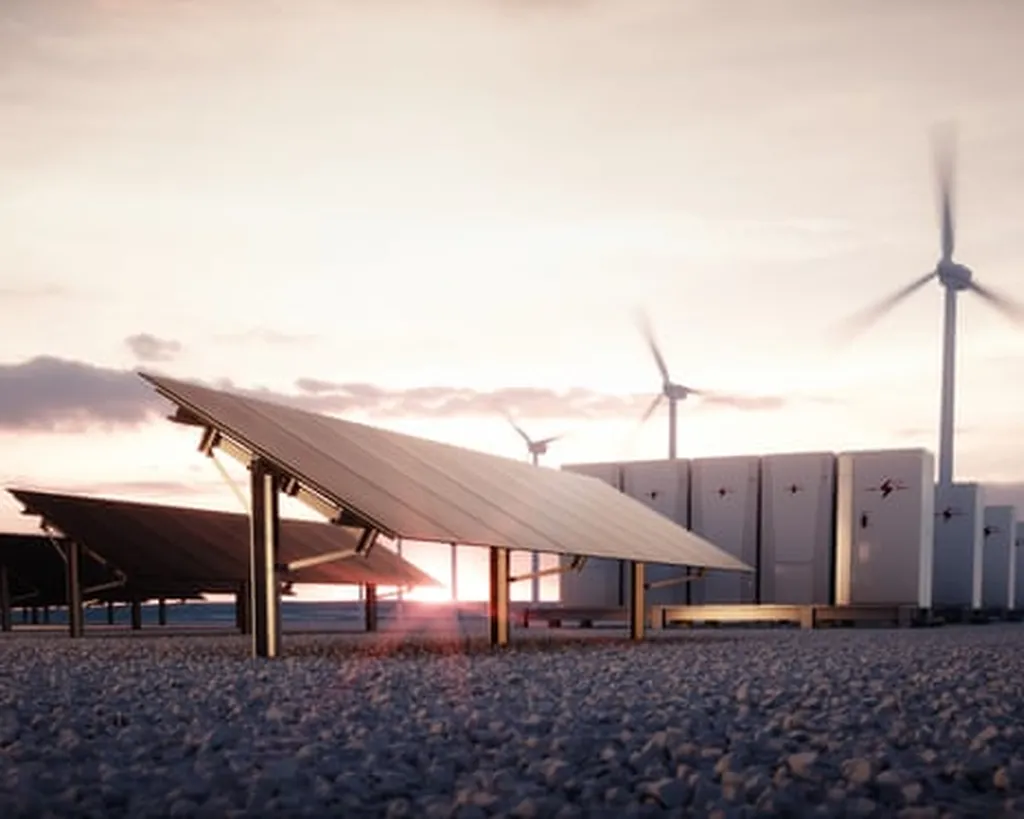In the quest for low-carbon energy solutions, a promising contender has emerged: hydrogen-fueled internal combustion engines, particularly when paired with Combined Heat and Power (CHP) systems. A recent study published in the journal “Energy Nexus” sheds light on the potential of this technology, offering a practical decarbonization strategy for the energy sector.
The research, led by Amr Abbass from the Department of Mechanical Engineering at Mississippi State University, employed a dual-method approach to evaluate the technical and economic feasibility of hydrogen engines in CHP systems. This involved thermodynamic modeling of hydrogen and natural gas engines under various conditions, as well as the use of screening tools from the U.S. EPA and the UK Department for Business, Energy, and Industrial Strategy.
The findings are compelling. Hydrogen engines were found to achieve a maximum power output of 214.6 horsepower and an efficiency of 48.75% at a compression ratio of 16, outperforming natural gas engines in power while maintaining competitive efficiency. When integrated with CHP systems, the overall system efficiency can reach up to 85%, with a significant reduction in greenhouse gas emissions—up to 35%.
“Hydrogen engines, when optimized and integrated with CHP systems, can offer a high-performance, low-emission solution for distributed power generation,” Abbass explained. This is a notable advancement, as the energy sector seeks to balance power output, efficiency, and environmental impact.
The study also delved into the challenge of NOx emissions, proposing mitigation measures such as lean operation, exhaust gas recirculation (EGR), and heat recovery optimization to ensure environmental compliance. These insights are crucial for the commercial viability of hydrogen-fueled engines, addressing both technical and regulatory hurdles.
The research presents a comprehensive evaluation of hydrogen-based CHP systems, combining thermodynamic cycle modeling with catalog-based system selection. This innovative approach provides a solid foundation for future developments in the field, offering a practical pathway to decarbonization.
As the energy sector continues to evolve, the integration of hydrogen engines with CHP systems could play a pivotal role in shaping the future of distributed power generation. The study’s findings not only highlight the potential of this technology but also pave the way for further research and commercial applications, contributing to a more sustainable energy landscape.
In the words of Abbass, “This study provides a solid decarbonization strategy for high-performance, distributed power generation.” With the energy sector under increasing pressure to reduce emissions and improve efficiency, the insights from this research could prove invaluable in driving the transition towards a low-carbon future.

